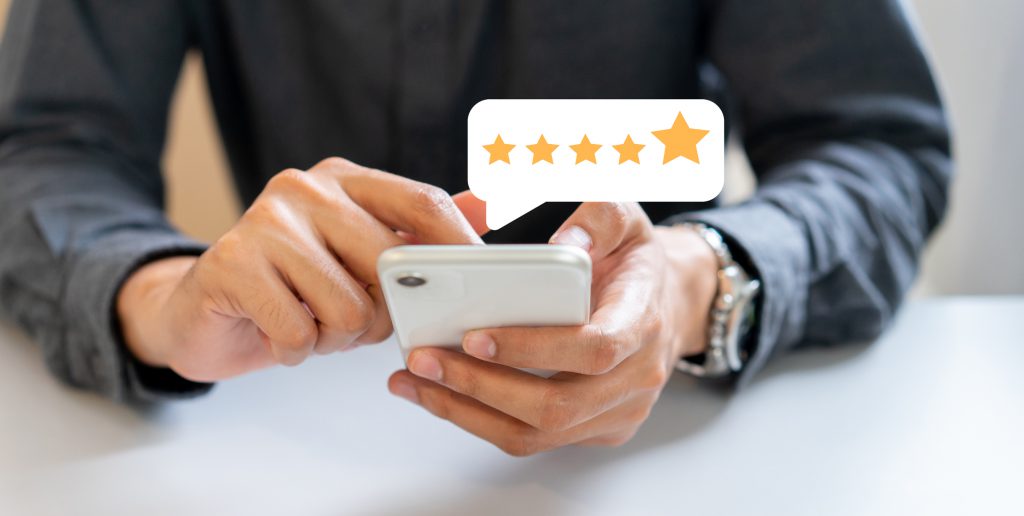3 min
Why online recommendations make it easier to hit “buy”
When it is time to buy something online, perhaps a coffee maker, you might head to Amazon and browse items for sale. One particular model might spark interest. The product page may contain recommendations for other goods: complementary products such as coffee filters; or recommendations for different, competitor coffee maker brands offering unique features and prices.E-commerce websites commonly use product recommendations — called co-purchase and co-view recommendations — to keep users locked into the sales funnel and increase customer retention. But what impact do these types of recommendations actually have on consumers? How do they influence one’s willingness to pay for the original product searched?In fact, the level of influence depends on how close a consumer is to making that purchase, says Jesse Bockstedt, associate professor of information systems & operations management at Emory’s Goizueta Business School. In addition, what type of recommendation the consumer sees plays a role in purchasing as well.To shed empirical light on this, Bockstedt teamed with Mingyue Zhang from the Shanghai International Studies University.“We were curious. We knew that recommendation systems are integral to how consumers discover products online – a good 35 percent of Amazon sales can be attributed to recommendations, for instance,” Bockstedt says. “But we knew a lot less about how recommendations change consumer behavior in relation to a focal product.”Specifically, the researchers were interested in looking at the effect of complementary versus substitutable products, and what impact the price of these types of products had on consumer behavior. They also wanted to know whether these effects were more or less amplified depending on whether consumers were at the exploratory phase in the buying process or ready to go ahead and make the purchase.To unpack the dynamics at play, Bockstedt and Zhang ran two experiments that simulated the online purchasing experience. The researchers had volunteers go through the process of evaluating different products and then report back on how much they were willing to pay for each.“We asked volunteers to look at a product page for a computer mouse, and we randomly assigned different recommendations to that page – some that were for other mice, and others that were for goods and products that would complement the original mouse. Going through the experiment, we also manipulated the price that volunteers saw on different pages, both for the recommended substitute and complementary products,” he says.“Finally, we looked at the effect of timing and the sales funnel. In one case we had volunteers look for a highly specific mouse and recommended a particular product page to them. To simulate the more exploratory phase, we gave them many pages and asked them to click on the one they found most interesting.”In total, Bockstedt and Zhang put 200+ volunteers through the replica virtual purchasing experience and recorded their willingness to pay the advertised price for the focal product on scale of 0 to 100, depending on what they had seen and the point in the sales funnel they had seen the recommendations.If you are looking to learn more about this research and the results, Emory has a full article published for reading and review.If you are a journalist looking to cover this topic or if you are simply interested in learning more, then let us help.Jesse Bockstedt, associate professor of information systems and operations management at Emory’s Goizueta Business School. He is available to speak with media, simply click on his icon now – to book an interview today.


